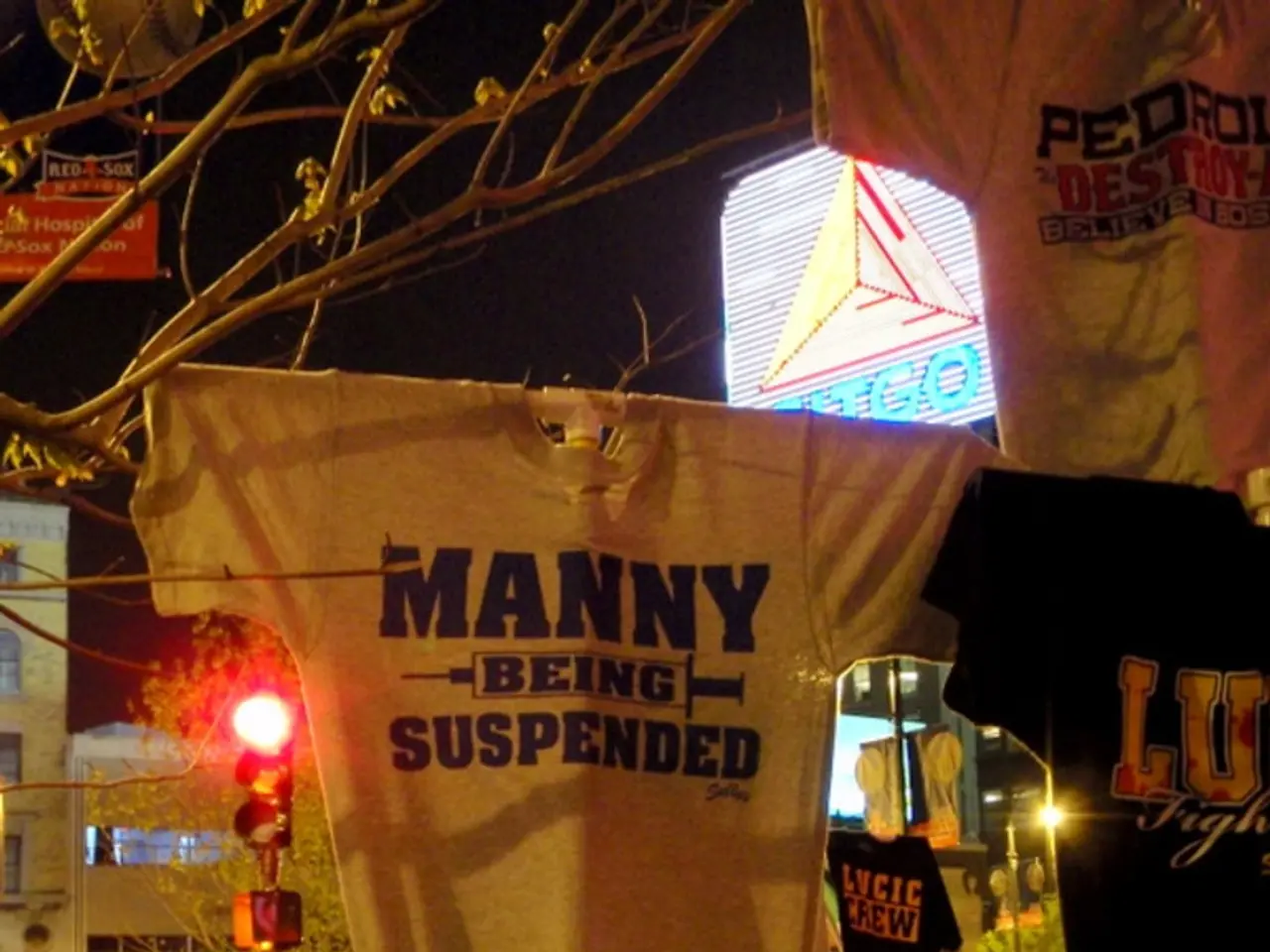Journey to the past with these entertaining tidbits about the '90s era
The 1990s marked a pivotal period in human history, with significant cultural, technological, and economic shifts that continue to shape modern life.
Culturally, the decade witnessed a fragmentation of shared mass media experience due to the explosion of diverse television programming. Audiences moved away from traditional family sitcoms, gravitating towards more diverse and realistic depictions of life, reflecting demographic and social complexity. This fragmentation eroded a shared national cultural experience but allowed greater representation of different perspectives.
Technologically, the 1990s internet boom was a defining factor. Initially stigmatized as a risky "wild frontier," the internet was rebranded as a safe, commercial tool through media partnerships and federal policy advocating privatization. This era saw the foundation for the digital economy and social media, altering how people work, socialize, and consume information. Early hopes for technology unifying families gave way to a more privatized, individualized leisure experience.
Economically, the 1990s were marked by post-Cold War transitions, especially the chaotic privatization in Russia, where lack of regulatory foundations led to corruption and economic inequality. Meanwhile, in the West, economic globalization and technological change affected employment and wealth patterns, setting the stage for the 21st century economy.
The 1990s also saw the birth of numerous cultural movements, such as the rave scene, zine culture, and the independent film movement. The World Wide Web, initially designed to help scientists share research papers, accidentally created the foundation for a new form of human consciousness. Email began replacing phone calls and handwritten letters, and online forums created communities around shared interests that could never have existed in physical space.
Tabloid journalism moved from grocery store checkout lines to prime time television, and the O.J. Simpson trial became a prototype for modern media spectacles. The 1990s were the first decade to consciously be aware of themselves as a historical period while they were still happening.
Cell phones, initially invented as portable business tools, became personal entertainment systems, social networking devices, and pocket-sized computers. The 1990s were the last decade when the future felt genuinely uncertain, marking the end of one way of life and the beginning of something entirely new.
Elections began to be covered like sporting events, with more focus on strategy, polls, and personality conflicts. The 1990s were the laboratory where the 21st century was invented, one small cultural experiment at a time.
The 1990s marked the beginning of the technology revolution, with personal computers becoming household necessities. Every cultural battle being fought today has its roots in the 1990s, including debates about technology and privacy, questions about media and democracy, conflicts between global and local identity, and tensions between authentic culture and commercial manipulation.
Television shows like "Friends" created templates for relationships, career expectations, and urban living for an entire generation. Pop culture became more influential than traditional institutions in shaping young people's worldviews. Companies discovered that selling identity was more profitable than selling products, leading to the creation of lifestyle brands like Nike and Starbucks.
In sum, the 1990s created the technological infrastructure and cultural diversity of modern life, alongside economic realignments whose effects on political power and social inequality remain intensely relevant today. The decade serves as a testament to the power of innovation, the resilience of human spirit, and the ever-evolving nature of our society.
[1] "The End of the Mass Audience: Reconstructing American Entertainment." Robert C. Allen. University of California Press, 1992. [2] "The Millennials: A Portrait of the Generation." Jean M. Twenge. Atria Books, 2017. [3] "The New Russian Capitalism: The Making of Oligarchy." Steve Levitsky and Lucan A. Way. Oxford University Press, 2014. [4] "The Internet Galaxy: Reflections on the Internet, Business, and Politics." Don Tapscott. McGraw-Hill, 1997. [5] "The Net Delusion: The Dark Side of Internet Freedom." Evgeny Morozov. The Bodley Head, 2011.
- Smartphones, a product of the technology revolution in the 1990s, transformed into personal entertainment systems, social networking devices, and pocket-sized computers, significantly altering lifestyle.
- The 1990s, a period that marked the birth of the internet, also witnessed the foundation for education-and-self-development, as email and online forums provided opportunities for learning and community formation.
- Entertainment, progressing hand-in-hand with technological advancements, emerged as a dominant influence in shaping young people's worldviews, with popular TV shows like "Friends" setting templates for relationships, career expectations, and urban living.




